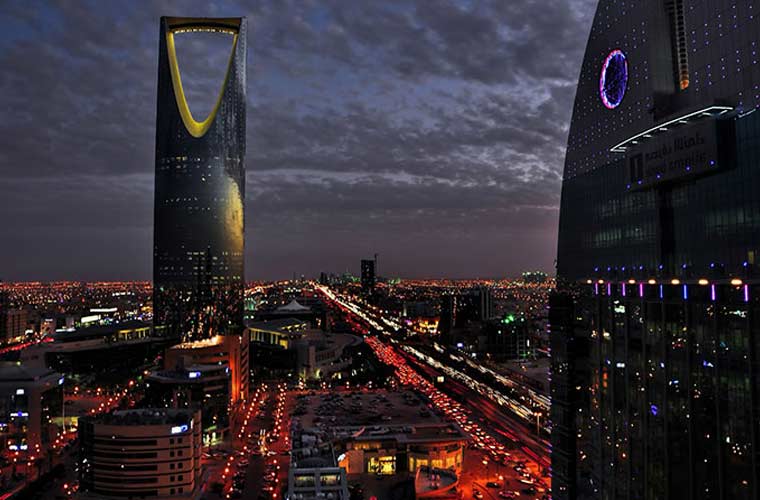Trending Now
- 830 voters names go missing in Kavundampalayam constituency
- If BJP comes to power we shall consider bringing back electoral bonds: Nirmala Sitaraman
- Monitoring at check posts between Kerala and TN intensified as bird flu gets virulent in Kerala
Business
Saudi Arabia’s Quest for Health and Happiness
![]() August 3, 2017
August 3, 2017
New Delhi, Delhi, India
The Kingdom of Saudi Arabia is perhaps best known for its oil-rich economy. Few know that there are myriad other natural treasures courting its reservoirs deep down in the heart of the earth. Gold, phosphate, uranium, and scores of other valuable minerals are all sitting there with aplomb. However, there is another resource that the country considers its real wealth – its people.
Its people are the reason why the country is investing heavily in providing them with the best of healthcare and quality of life. ‘Vision 2030’, the roadmap for economic and developmental action in the Kingdom of Saudi Arabia, is built around three themes: a vibrant society, a thriving economy and an ambitious nation. A vibrant society wherein people, amongst other parameters, enjoy a good life in a beautiful environment, are protected by caring families and are supported by an empowering social and health care system.
Saudi Arabia’s Ministry of Health has chalked out 15 strategic objectives in its National Transformation Programme to achieve this end. Acting on the strategic objective of improving public health services with a focus on obesity and smoking, Saudi Arabia recently imposed ‘sin tax’ on cigarettes, high-sugar energy drinks and other soft drinks. The move, led to a double-fold increase in the prices of these commodities, and was lauded worldwide.

The country’s strong economic performance over the years has propelled rapid expansion of health, education and social services infrastructure, courtesy the efficient channelization of investments in these key development indicators. Currently, Saudi Arabia ranks an impressive 38 on the UNDP human development index, spending 3.5% of its GDP on health. According to the World Health Organization (WHO), Saudi Arabia’s spending on health and social affairs has increased by 26% since 2010 and has made remarkable strides in the achievement of Millennium Development Goals (MDG) targets. Programmes related to immunization, maternal and child health, vaccine-preventable diseases and eradication of poliomyelitis have been remarkably successful. Doctors are also being trained to improve treatment for chronic diseases such as heart disease, diabetes and cancer that threaten the nation’s health. The average life expectancy in the Kingdom has increased from 66 to 74 years in the last three decades.
The state, which currently provides nearly 80% of health care, is now trying to encourage private investment in the sector. The responsibility for providing health care is being transferred to a network of public corporations that compete both against each other and against the private sector. Corporatization, the government believes, will promote transparency among providers thereby enhancing the capability, efficiency and productivity of care and treatment and increase the options available to its citizens. Private medical insurance is also being developed to improve access to medical services and to reduce waiting time for doctor appointments. The government meanwhile will continue to hold the legislative, regulatory and supervisory roles.
Saudi Commission for Tourism & National Heritage (SCTH) has also developed specifications, standards and procedures for the health and wellness tourism programmes in hospitals, medical centres and health resorts. Along with partners in the public and private sectors, special products and services are being devised to attract tourists to the segment.
Aiming to ensure a good quality of life, a healthy lifestyle and an attractive living environment for its citizens, the state is focusing on promoting their physical, psychological and social well-being. For instance, the state is working with the private sector to establish additional dedicated facilities and programs to encourage widespread and regular participation in sports and athletic activities. Open and landscaped areas are also being developed further to meet the recreational needs of individuals and families. Based on its major plans that are in the pipeline, the state aims to increase the ratio of individuals exercising at least once a week from 13% of population to 40% by 2030 and to increase household spending on cultural and entertainment activities inside the Kingdom from the current level of 2.9% to 6%.
The Kingdom’s wellness initiatives evoke the old adage that health is wealth. Having identified the key health priorities and major strategic directions, Saudi Arabia has proved beyond doubt that its real wealth are its people and their health is what matters the most.
























